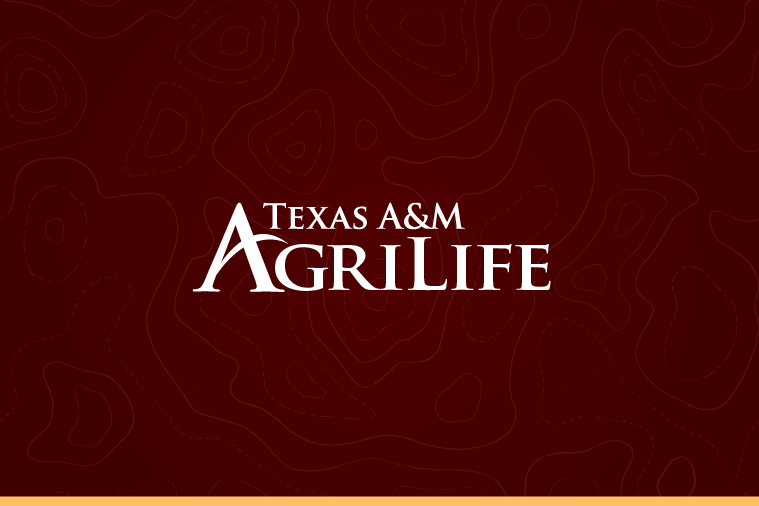Texas A&M awards endowed professorship to Briske
COLLEGE STATION – The Thomas M. O’Connor Endowed Professorship has been awarded to Dr. David D. Briske in the Texas A&M University department of ecosystem science and management in College Station, effective Sept. 1.

Briske has demonstrated a level of competence and leadership in rangeland science through scholarly and professional activities that is above and beyond that normally expected of or accomplished by a university professor, said Dr. Kathleen Kavanagh, head of the department of ecosystem science and management.
The Thomas M. O’Connor Professorship was established to provide a vehicle for an increased level of professional competence focused directly on increasing rangeland productivity and the profitability of ranching operations, especially on the Texas Coastal Prairie.
The professorship was established in 1982 by O’Connor’s family to recognize his outstanding contributions to agriculture and the ranching industry in Texas.
Briske was selected based on his record of visionary leadership and extra efforts to advance rangeland science in Texas and beyond, Kavanagh said.
“In some respects, this represents a validation of my academic career to this point,” Briske said. “The inspiration and resources provided will enable me to accomplish what I hope is the most important work of my career. It is a distinct honor to be associated with the rangeland legacy established by the T.M. O’Connor Professorship.”
Briske joined the Texas A&M faculty in 1978 and has held the rank of professor since 1991. He has been recognized for the national management impacts of his research through Texas A&M AgriLife Research on resilience-based management adopted by all federal rangeland management agencies.
“I have always considered academia to be of great value to society, with education and research functioning as supporting activities,” he said. “However, my perspective has been changing from the production of knowledge for society to the production of knowledge with society, especially involving stakeholders with interests in rangelands.”
The latter approach is necessary to produce desperately needed knowledge that is widely accepted and applied to resolve contemporary natural resource challenges, Briske said.
“A major goal of my work has been to strengthen the linkage between rangeland science and management to better support conservation and improve human livelihoods,” he said.
“This has been my motivation for engaging in academic leadership positions including editor and chief of the scientific journal Rangeland Ecology and Management and my appointment as the academic coordinator for a national assessment of rangeland conservation practices used by the Natural Resources Conservation Service.”
Briske said a similar motivation “drives me to instill students with a sense of ecological awareness to support their development as effective citizens of Texas and the nation.”
He said it has been extremely gratifying to witness the tremendous progress made in rangeland science over the course of his career.
“This is represented by both the conceptual advances that have been made and the quality and contributions of recent generations of professionals who have entered the field,” Briske said. “The rangeland profession is developing the capacity to address the complex, contemporary challenges confronting rangelands and these achievements have become widely recognized.”
However, he said one of the biggest challenges is still getting the scientific knowledge put into practice.
“Knowledge sharing among various sectors of society – managers, policymakers and scientists – has proven to be extremely difficult,” Briske said. “Significant progress has been made over the course of my career, but we have yet to turn the proverbial corner. Greater recognition of the mutual responsibility for natural resource management challenges and solutions among managers, policy makers and scientists has yet to be developed.”
Briske said he believes rangelands have long been undervalued because they are only evaluated on their potential to produce market products in a similar manner to that of croplands.
“The production potential of rangelands is limited by resource scarcity and variability, especially rainfall, but their production of non-market ecosystem services has been marginalized. Their low production per unit land area is offset by their expansive coverage, 40 percent of Earth’s land area, and their diversity of plants and animals, and physical characteristics.”
Briske has earned numerous awards for his research and teaching programs including the Texas A&M Faculty Fellow, the U.S. Department of Agriculture Secretary of Agriculture Honors Award and the Chapline Research Award, which is the highest research award offered by the International Society of Range Management.





